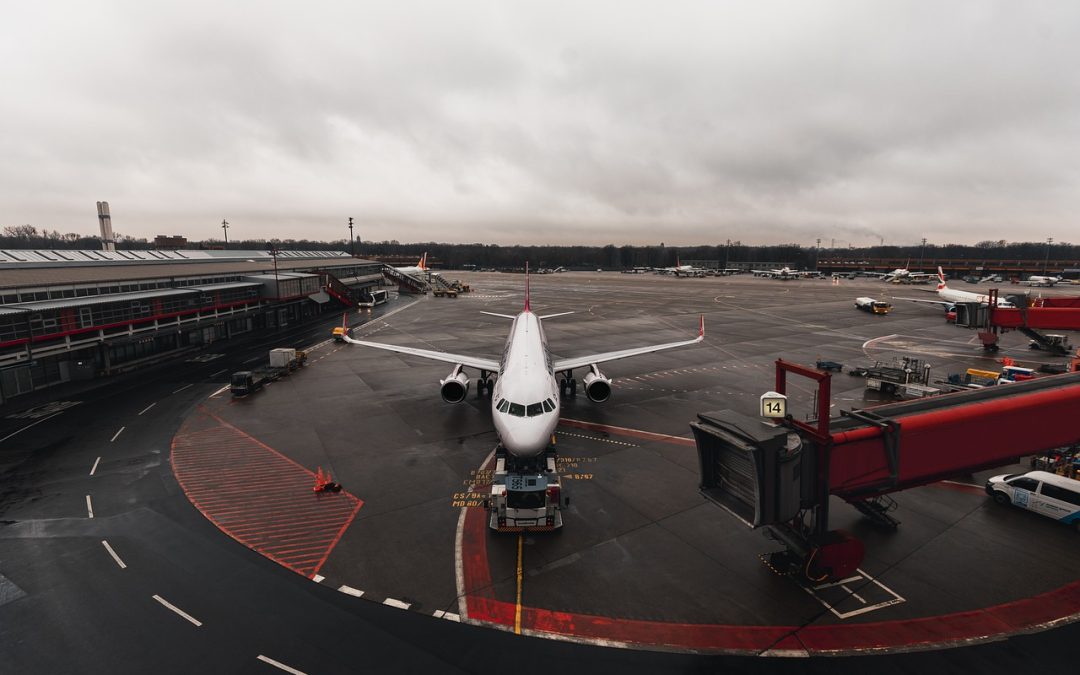As you make your way through airport security, you’re suddenly pulled aside for a “secondary screening.” Your heart begins to beat faster, and you’re unsure of what to expect. Knowing your rights during this process can help you stay calm and assert your rights confidently.
Understanding the Purpose of Secondary Screening
The Transportation Security Administration (TSA) conducts secondary screenings to further inspect passengers and their carry-on items. This additional screening is typically triggered by something unusual detected during the initial security scan. The TSA officer will ask you to step aside and may ask questions about your travel plans, the items in your luggage, or other related topics.
Exercising Your Rights
During a secondary screening, you are entitled to certain rights. Remember that you are not under arrest, and the TSA officer is not a law enforcement officer. However, it’s essential to stay calm and polite when interacting with the officer. Here are some key takeaways:
- Remain silent: You are not obligated to answer questions beyond providing identification and declaring items in your possession. If you’re unsure about answering a particular question, politely ask if you’re required to respond.
- Ask for a supervisor: If you’re uncomfortable with the screening process or feel your rights are being infringed upon, request to speak with a supervisor or a law enforcement officer.
- Know your belongings: Be aware of what’s in your luggage and be prepared to explain any suspicious items.
- Consent is optional: You have the right to refuse a search of your electronic devices or other personal items. However, be aware that refusal may lead to further screening or travel delays.
“The right to be free from unreasonable searches and seizures is one of the most important rights guaranteed by the Constitution. It is a right that is essential to our freedom and one that must be jealously guarded.” – Justice Sonia Sotomayor
It’s crucial to remember that the Fourth Amendment protects you from unreasonable searches and seizures. While the TSA’s secondary screening process may be an inconvenience, it’s essential to assert your rights while remaining respectful and cooperative.
In conclusion, staying informed about the secondary screening process and knowing your rights can help you navigate the situation with confidence. Always prioritize your safety and the safety of those around you. Remember to stay calm, assert your rights politely, and seek clarification when needed. Lastly, take the time to familiarize yourself with local laws and regulations to ensure you’re prepared for any situation that may arise during your travels.
The information at Observed.Org may not pertain to every jurisdiction. It is YOUR responsibility to know your rights and observe them. Nothing here should be considered legal advice.

